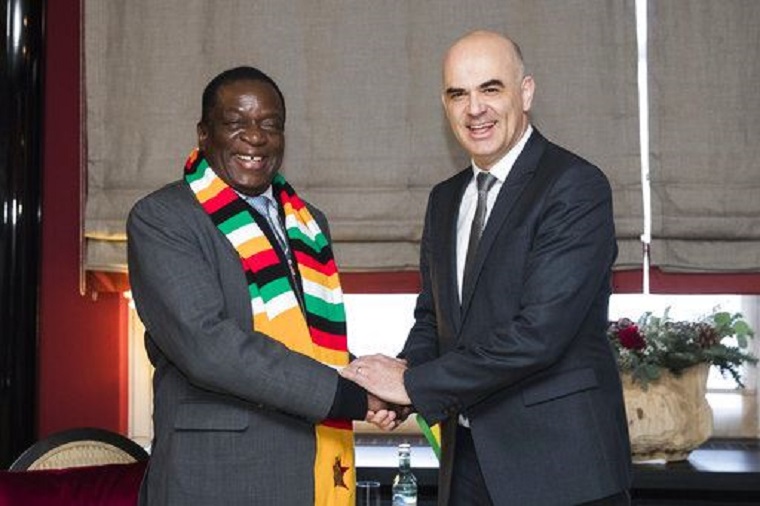Zimbabwe has been mired in deep problems that have manifested themselves economically and politically, for so long that most people are desperate for a way out.
Against all hope, people still long for a singular political hero, a cataclysmic, fortune-turning event, a decorated rescue party from the international community, or an accomplished, yet exiled businessman (read Strive Masiyiwa) to rescue the country from the clutches of long standing economic and political morass. Just anything to change people’s lives for the better!
As if to make the wait for Zimbabwe`s “messiah” – whoever or whatever this will be – more bearable, we seem to have fallen into the habit of telling ourselves some situational untruths with joyful abandon. Not only that, but we seem all the more eager to actually believe these fallacies that have little or zero attachment to reality. Consider the following:
“Zimbabwe is open for business”
Having to repeatedly mention such phrases to all and sundry, is the first and very telling indicator that an economy is not actually open for business. Just like how a man who daily stands atop a table in his house and shouts to his wife and children until his lungs give out, “I am the man of this house,” so is the situation Zimbabwe finds itself in. Such actions actually reveal the glaring failures of the husband as a leader and father of the house.
In Zimbabwe`s instance, this reveals the failure of the country in being a destination favoured by investment capital. Making Zimbabwe attractive to capital will not happen by chance or through meaningless platitudes, however sweet to the ear they may sound.
Practical policy shifts that make it easy for businesses to set up shop, trade meaningfully while their property rights are protected, and an environment that smoothes out the repatriation and/or reinvestment of profits is what curries favour with capital.
For instance, the United Arab Emirates (UAE) recently made a decision to freeze all federal government fee increases for the next three years in an effort to improve its competitiveness and attract more foreign investments. These are the sort of pragmatic policies government needs to pursue.
Zimbabwe’s government on the other hand, seems happy to milk businesses through all manner of license fees and taxes, even before operations start, in some instances. Instead, why not relax these upfront fees and benefit from higher corporate tax income which naturally flows from profitable enterprises?
And what business exactly is Zimbabwe open for? There seems to be no coherent and lucid articulation of the specific investments that the new administration is looking for, taking cognisance of Zimbabwe`s competitive advantages. The gung-ho approach to courting investors currently being pursued is ineffective and will likely not yield the desired results, assuming of course that there are clear investment objectives – with figures and deadlines etc. – that have been laid down by President Mnangagwa`s administration.
Continued next page
(976 VIEWS)
